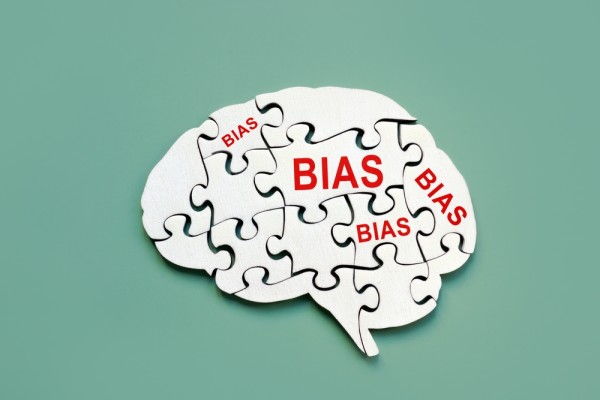Is too much bias being given to indirect AI descrimination?
30/06/2023 | Mischon de Reya
Mischon de Reya has published an article examining whether the focus on indirect discrimination risks in relation to artificial intelligence (AI) systems is too narrow, with more attention needed on the risk of direct discrimination. Direct discrimination refers to less favourable treatment because of an individual's protected characteristic, while indirect discrimination focuses on the negative effects of a neutral provision. So far, AI systems have been viewed as applying neutral provisions, but it is possible that the reason for a decision is based on an employee's protected characteristic, making it direct discrimination.
The article concludes that when investing in or using an AI system, it's important to consider the potential for direct discrimination in the system's decision making. To ensure that the AI system has been properly assessed for bias, creators and users should take appropriate steps such as conducting a governance, empirical or technical audit, and ensuring compliance with the EU Artificial Intelligence Act. Being aware of these potential issues can help ensure that the AI system operates fairly and without discrimination.

What is this page?
You are reading a summary article on the Privacy Newsfeed, a free resource for DPOs and other professionals with privacy or data protection responsibilities helping them stay informed of industry news all in one place. The information here is a brief snippet relating to a single piece of original content or several articles about a common topic or thread. The main contributor is listed in the top left-hand corner, just beneath the article title.
The Privacy Newsfeed monitors over 300 global publications, of which more than 6,250 summary articles have been posted to the online archive dating back to the beginning of 2020. A weekly roundup is available by email every Friday.

